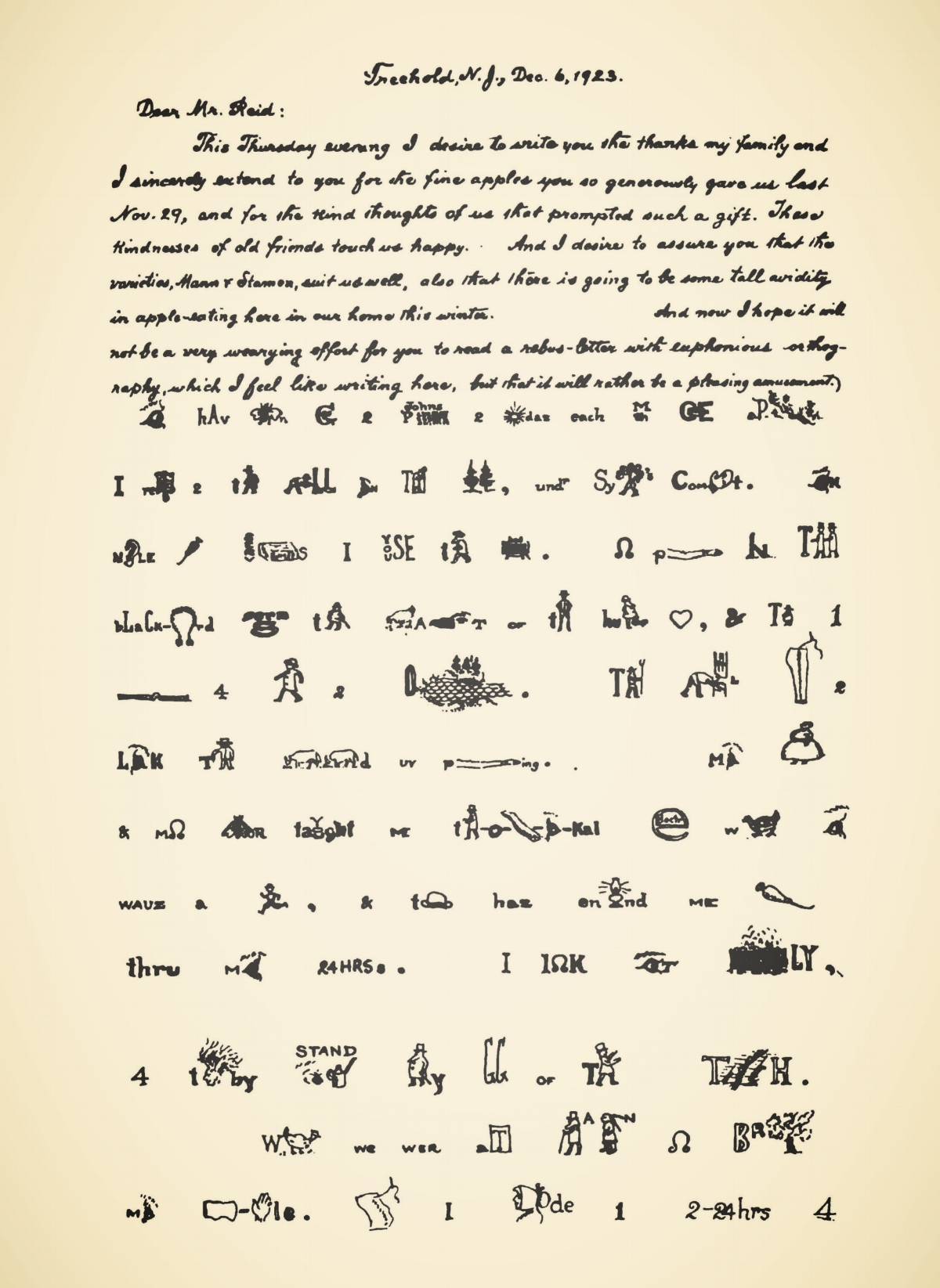George Burrowes once said of Charles Wadsworth (1814-1882) — known particularly today to students of the life of Emily Dickinson — in his book Impressions of Dr. Wadsworth as a preacher that “His preaching is eminently practical. It shows great shrewdness and penetration into the heart and into the motives operating in daily life.” There are many examples of this in his four volumes of Sermons. One such practical example appears in the fourth volume, posthumously published in 1905: “Return Unto Thy Rest.”
The Psalmist in Psalm 116:7 wrote “Return unto thy rest, O my soul; for the LORD hath dealt bountifully with thee.” To return home after a long and hard journey is joyous and serves as cause for thanksgiving. After a season of adversity, how welcome is rest and peace? Although there is, as Wadsworth notes, no permanent rest for the Christian on this earth, there are times given to us during this pilgrimage that allow us to reflect, take note of and give God the glory for his mercies, and to renew our strength for the days ahead. We rest so that we can continue to go forward in life.
Physical rest is precious indeed, but spiritual rest in God is of the utmost value. Thus, the Psalmist primarily refers “to Jehovah, the soul’s great refuge and rest.” As we journey through this world to our heavenly abode, it is right to meditate upon the place of our eternal rest. There is a symbolism in the return from the captivity of Babylon to which this Psalm may have reference. After the great struggle of Christian life, heavenly rest awaits the saint, which is a great encouragement to our souls.
”In its reference unto God's own dear children it is altogether comforting and enrapturing. Oh ! blessed homegoing! when the rest is in God! And as emblemized in this record, such a home-going is mortal life. Every Christian is on the returnward to the Heavenly Zion, and the significant and joyous emblem is to-day all around us….And so setting himself to bring all the ineffable glories of heaven into conditions of sweet familiar life, so that death might seem a home-going, a ‘return to our rest.’…Here we are only pilgrims; there we shall be at home. And good as may seem these mortal dwellings, so that from all the grandeurs of broader landscapes and princelier mansions we come back to them gladly, yet for each redeemed spirit there is a brighter home in heaven.”
This is a sermon worth reading if you are a weary Christian who longs to see the light at the end of a tunnel, or if you have climbed to the top of a mountain after a time in the valley of the shadow. Take heart, then, dear Christian. God has rest in store for his faithful ones. And he gives us a taste of that rest in the seasons of life when we need to feel it. The Lord has been good and gracious. So give thanks to God and keep your eyes heavenward.


